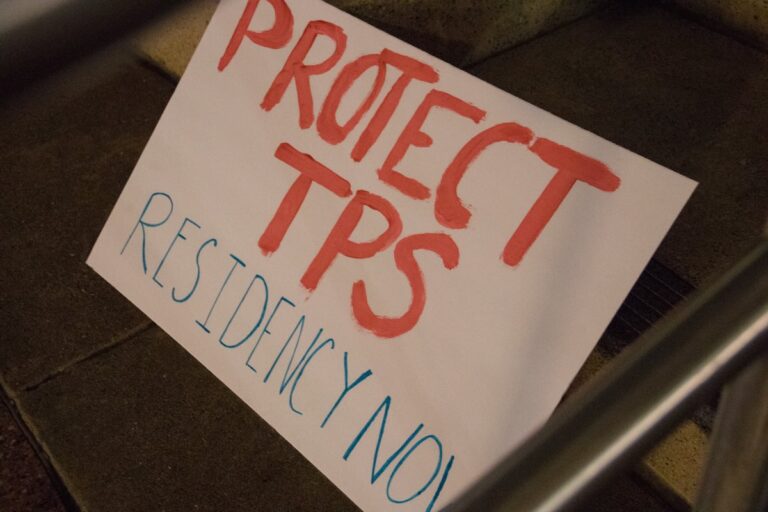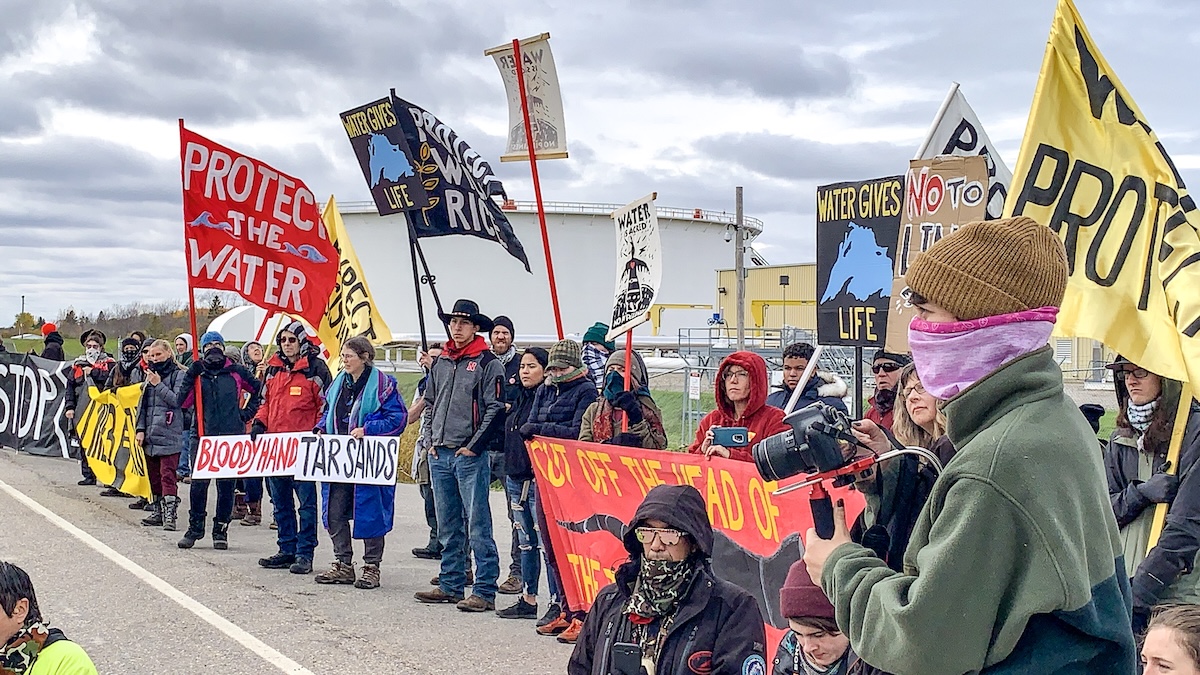On February 5, 2025, the Secretary of Homeland Security Noem terminated the Temporary Protected Status (TPS) for Venezuela. After April 7, 2025, nationals of Venezuela who had been granted TPS will no longer have that status. On February 20, 2025, Secretary Noem also partially vacated a previous order regarding the TSP for Haiti. The new order shortens the period to 18 to 12 months, making the new end date August 3, 2025.
What is Temporary Protected Status?
Since 1990, as codified in the Immigration Act of 1990, the concept of Temporary Protected Status (TPS) has been part of the legal framework governing immigration to the U.S. According to the provisions of the U.S. Citizenship and Immigration Services, a foreign country may be designated for TPS due to conditions in the country that temporarily prevent the country’s nationals from returning safely, or in certain circumstances, where the country is unable to handle the return of its nationals adequately. USCIS may grant TPS to eligible nationals of certain countries (or parts of countries), who are already in the United States. Eligible individuals without nationality who last resided in the designated country may also be granted TPS.
The Secretary may designate a country for TPS due to the following temporary conditions in the country:
- Ongoing armed conflict (such as civil war)
- An environmental disaster (such as earthquake or hurricane), or an epidemic
- Other extraordinary and temporary conditions
During a designated period, individuals who are TPS beneficiaries or who are found preliminarily eligible for TPS upon initial review of their cases (prima facie eligible):
- Are not removable from the United States
- Can obtain an employment authorization document (EAD)
- May be granted travel authorization
Once granted TPS, an individual also cannot be detained by DHS on the basis of his or her immigration status in the United States.
In both cases, these changes (unless a review of the in-country conditions leads to a renewal of the TSP designation) will cancel employment and travel authorizations for affected Venezuelans and Haitians. More importantly, it will also remove the protection against deportation. Since the whereabouts of individuals with TSP status are known to the authorities, deportation orders are likely to follow swiftly.
Have the conditions that led to the designation in the first place changed? In the case of Haiti, Secretary Noem cited the authorization of a UN police force to Haiti as an indicator of improvement. According to AP, there are now 800 Kenyan police officers working alongside smaller contingents of personnel from other countries. So far, the deployment hasn’t made a noticeable impact on the gang violence that has wracked the country. At the same time, the U.S. has frozen some $13.3 million in support of that mission, adding to the precariousness of an already underfunded mission. In short, the situation in Haiti hasn’t changed but the protections afforded by being designated for TPS will likely disappear.


